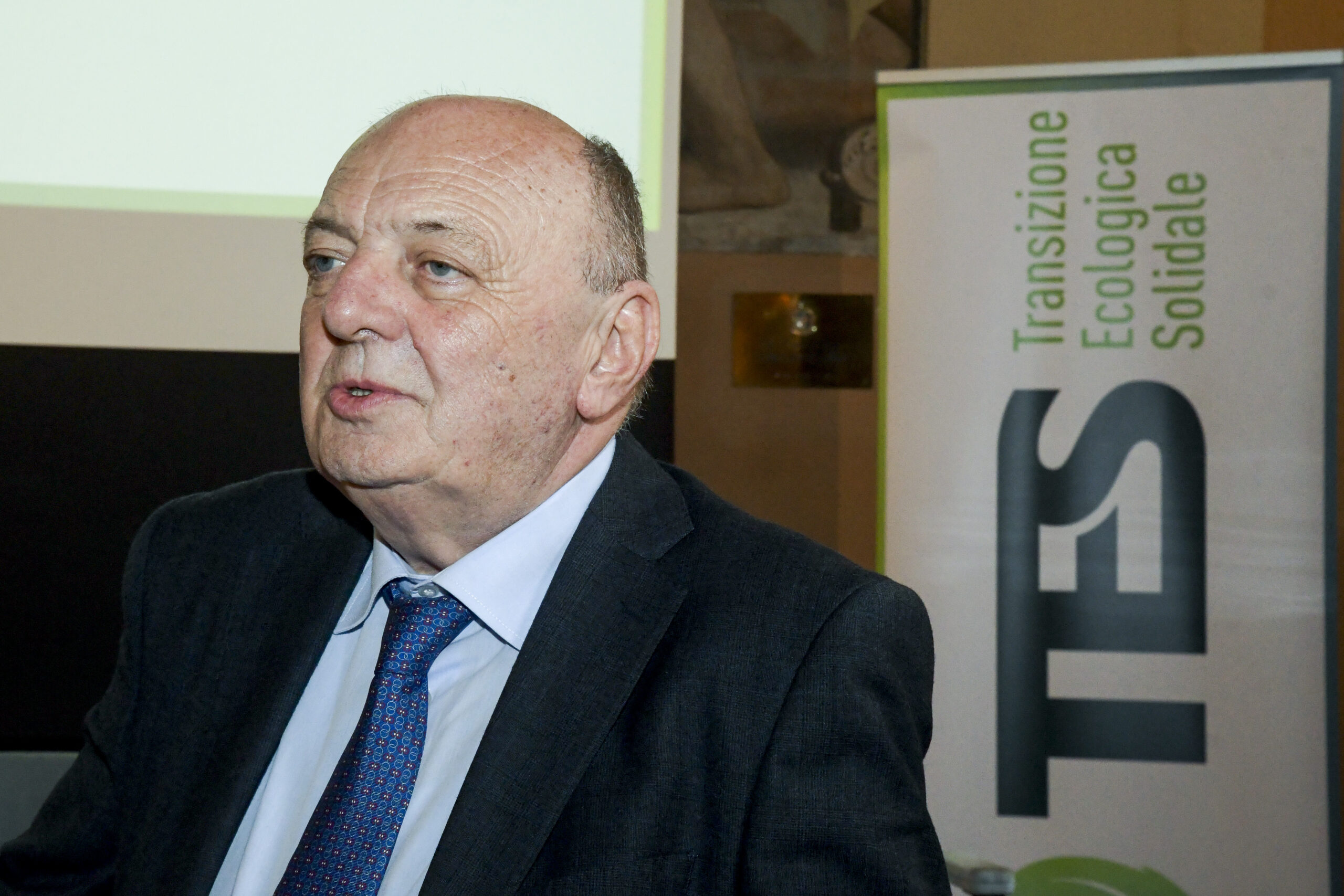Collision cars between Italy and Germany on e-fuel and biofuels in Europe

To soften Germany's ban on internal combustion engines, the EU Commission has prepared exemptions for e-fuels requested by Germany. If Berlin and Brussels were to agree privately, Italy and its biofuels could be left out. Facts and insights
To convince Germany to support legislation banning the sale of new cars with internal combustion engines by 2035, the European Commission has proposed classifying e-fuels – a type of low-emission synthetic fuel – as carbon neutral .
That may not be good news for Italy, which also opposes the ban. Here because.
THE DIFFERENCES BRUSSELS AND BERLIN ON THE AUTOMOTIVE SECTOR
Being the first economy of the Union and the most influential member state at a political level, Brussels has an interest in getting Berlin on its side. Otherwise, the legislation on zero-emission cars could fail: it is an important piece of the European climate-energy strategy, even though it has been accused – also by Italy – of not considering alternative technologies to electric .
In summary: for the Commission, the decarbonisation of transport is an essential pillar of Fit for 55, the plan to reduce emissions by 55 per cent by 2030, which serves as a prerequisite for achieving neutrality by 2050. However, for Germany – but also for Italy – the automotive industry is a crucial industry from an economic and employment point of view – it generates 411 billion euros and employs eight hundred thousand people – and therefore intends to protect it from a ban that it considers too radical in terms of times and methods .
THE COMMISSION LETTER ON E-FUEL
Thus, in a letter sent to the German government and seen by Bloomberg , the Commission has promised to publish a roadmap for the registration of vehicles powered exclusively by e-fuel even after 2035.
Although produced in the laboratory, e-fuels are in all respects liquid hydrocarbons and can be used in normal internal combustion engines. They release carbon dioxide when burned, but are “emission neutral” because they are produced from captured CO2 (rather than left to disperse into the air), combining it with green hydrogen (itself made from renewable electricity). .
Supporters of e-fuels consider them electricity converted into liquid fuel, also useful for performing a storage function as an alternative to batteries. Opponents, however, see them as a waste of renewable energy that could be used for other purposes, such as the decarbonisation of hard-to-abate industries, such as chemicals or steel.
SPECIFICATIONS AND UNCERTAINTIES
The letter specifies that the special rules for e-fuels will be published only after member countries have approved the ban on petrol and diesel vehicles.
It is not clear whether Germany will accept the Commission's proposal, but Bloomberg writes that the mood is one of optimism.
ITALY AND BIOFUELS
German opposition to the European ban is useful to Italy, which also has an auto industry that it wants to protect against a transition perceived as abrupt.
More than on e-fuels, however, our country wants to focus on biofuels, which are obtained not in the laboratory but from a series of organic sources: waste from the agri-food industry, organic waste or crops such as corn and soy, for example . Being similar in chemical composition to traditional fossil fuels, they can circulate in endothermic engines and release CO2; however, they allow overall savings in terms of emissions because they eliminate the need to extract new hydrocarbons.
Biofuels could be classified as carbon neutral on a par with e-fuels. But there is a risk for Italy that Germany will reach a bilateral agreement with the Commission to protect its synthetic fuels, leaving out the bio fuels that Giorgia Meloni's government would like to encourage instead.
WILL GERMANY GABBER ITALY?
If Brussels were to satisfy Berlin, and if the latter consequently decided to support the legislation on zero-emission cars, then Rome would lack the negotiating clout to oppose the ban and obtain an exemption for biofuels.
In a letter sent to the Vice-President of the Commission, Frans Timmermans, Ministers Gilberto Pichetto (Environment), Adolfo Urso (Enterprise) and Matteo Salvini (Transport) have made it known that "Italy would not accept an unduly restrictive interpretation by the Commission of the concept of neutral fuels which includes only e-fuels and not biofuels”.
ARE BIOFUELS “NEUTRAL”?
At the moment, however, Brussels keeps the two fuels separate, only granting the carbon neutral label to synthetic ones. The most critical biofuels are the traditional ones, which use agricultural crops and which therefore involve the consumption of water and soil, in addition to the emission impact of fertilisers. Advanced biofuels, on the other hand, are produced from agri-food waste and organic waste: in addition to not competing with food use, they reuse raw materials that have reached the end of their life and therefore constitute an example of a circular economy .
This is a machine translation from Italian language of a post published on Start Magazine at the URL https://www.startmag.it/smartcity/germania-italia-e-fuel-biocarburanti/ on Wed, 22 Mar 2023 12:31:24 +0000.
